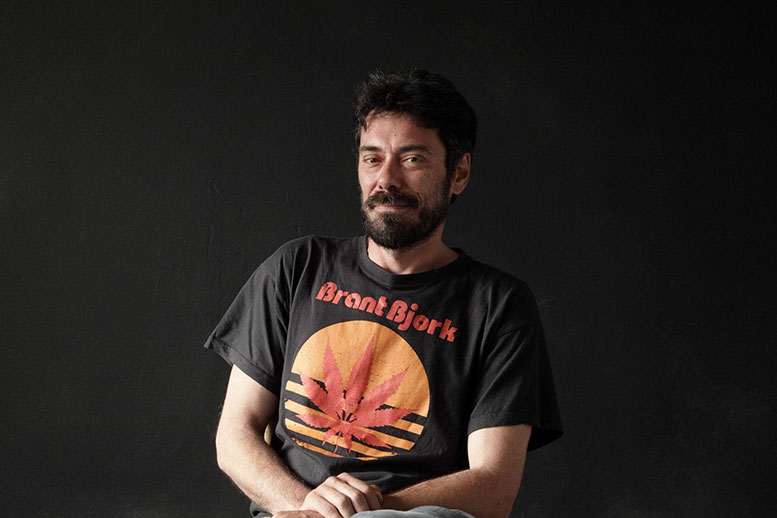Greek hemp stakeholders say they have redoubled their efforts to clear a path for producers following the election of a new conservative government last summer.
“Hemp and CBD production has become a lucrative business for the last couple of years and has attracted a lot of attention from investors and ambitious entrepreneurs,” said Michalis Theodoropoulos, Business Affairs Officer of KANNABIO, a Greek hemp cooperative. “They are already considerable economic drivers and deserve fair, just and rational regulation.”
Hemp for the economy
Elected with a mandate to end the country’s persistent economic slump, the center-right conservatives of Greece’s New Democracy Party under Prime Minister Kyriakos Mitsotakis have put a priority on reigniting the economy by slashing taxes and regulations to attract investment. Greek hemp interests say the plant can play a role in that economic revitalization if constructive regulations are set for the industry.
KANNABIO said it has sent the new government detailed data on international economic opportunities and business prospects for hemp, and joined producers in the Panhellenic Cannabis Producers Union in drafting a statement to the government about the main problems faced by local hemp producers due to an incomplete and fragmented legislative and regulatory framework.
‘Legal grey zone’
While hemp farming is “relatively fairly regulated” in Greece, KANNABIO has said the regulations affecting other players in the value chain make for “a legal grey zone that seriously restricts local producers and confuses consumers.”
“Eliminating existing barriers and bottlenecks can lead to the creation of a sustainable sector with thousands of new jobs,” the group said.
A primary obstacle is a lack of legislation on THC limits in food (and cosmetics), a proposal for which Theodoropoulos said KANNABIO delivered to the Committee of the Ministry of Agriculture under the previous government in January 2019.
Call for 0.3% THC limit
KANNABIO has called on the government to adopt a 0.3% THC limit – generally a global standard – for the dry raw leaves and flowers but has suggested a tolerance of up to 0.8% THC due to Greece’s hot climate, which tends to increase THC levels in hemp plants. While 0.3% THC is most commonly observed around the world, several nations have now set allowable THC levels at a full 1.0%. The EU’s highly restrictive guidance for THC is 0.2%.
Under the current situation, “hemp food products manufactured by local producers are not considered officially as food by the state authorities, and the products are distributed in a grey zone,” Theodoropoulos said. “This has also as a direct consequence the non-certification of organic finished products manufactured in Greece, although the Greek market is flooded with imported organic hemp food that does not face the same restrictions due to the EU freedom of goods clause.”
‘Barriers to entry’
“Apart from the consumer mistrust and continuous shop-owner and farmer prosecutions, this situation is causing barriers of entry to the Greek producers that face red tape and loss of income in the long run,” Theodoropoulos added.
KANNABIO said a lack of action by the government may cause it to take the Greek state to court to remedy a situation that has created “unfair and unjust competition against the Greek hemp producers.”
The co-op has not been shy about seeking legal redress. The group last summer filed a lawsuit against the Chania Port Authority following the arrest and criminal prosecution under drug laws of one of its members.
KANNABIO comprises pioneer organic hemp producers and activists involved in cannabis legalization efforts in Greece since 2005.

